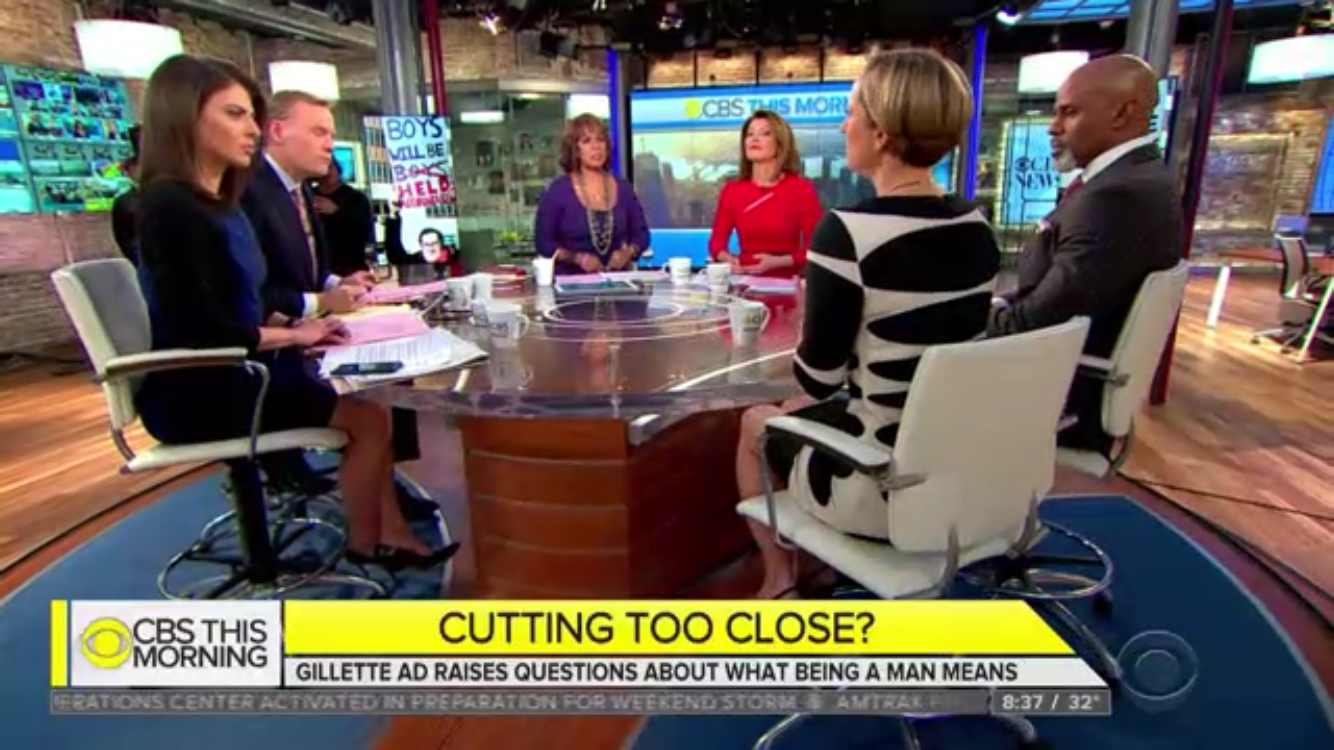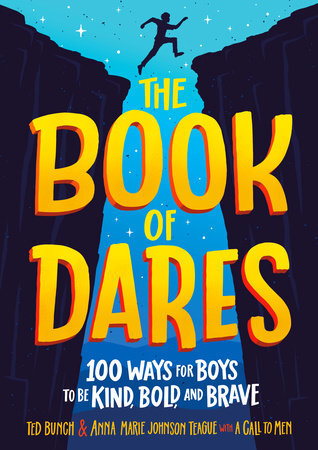Racial & Gender Equality: It's Not Just a "Girl Thing"!
We're finally starting to see real money flow from companies and financial institutions to racial and gender equality initiatives
Just last month, it was Goldman Sachs pledging $10 billion over 10 years to advance racial and gender equity and economic opportunity in its "One Million Black Women" initiative. Business has never been so deeply engaged in positive systemic change.
As a long time racial and gender equity activist and philanthropist, I know that we're going to see even more funding over the next year committed to these initiatives. And as that happens, I'm urging companies to not only support organizations that advance women, but also seek to help men.
Racial and gender equality will not happen without men.
What does that really mean, practically speaking?
For me, it's meant that— in addition to funding grassroots and community organizations led by women of color—I also fund organizations like a "A Call to Men".
I first started supporting them five years ago after meeting Ted Bunch co-founder. I was immediately drawn to Ted's and co-founder Tony Porter's mission to transform society by promoting a healthy, respectful manhood.
Since 2002, the organization has provided training and educational resources for more than a million people through their work with companies, schools, community groups, and government agencies including the National Football League, National Basketball Association, National Hockey League, Major League Baseball, Major League Soccer, Deloitte, Harry’s, the United States Military, and colleges and universities across the country.
Their work is vital to paving the way for gender equity. They raise boys' and men's consciousness about how their ideas of women and girls have been shaped by harmful messages that tell them that women are objects, property, and have less value than men.
Ted and I recently caught up to talk about this very issue in the Q&A below. You'll find his perspective candid, surprising, and inspiring.
How do you address the issue of gender equality in the work that you do with men?
A Call to Men educates men and boys all over the world on healthy, respectful manhood. We know that healthy, respectful manhood prevents all forms of gender-based violence and discrimination and promotes a culture that is equitable and inclusive. Healthy manhood establishes a path to real equity.
Is lack of belief in gender equality part of what is keeping men trapped inside what you've termed the “Man Box”?
I don’t believe men have a lack of belief in gender equity. They have been collectively socialized to view women and girls as property, sexual objects, and as having less value than men. We coined the term the Man Box to illustrate that collective socialization. The term identifies the limitations on what a man is supposed to be and what he believes.
These expectations are taught to men – sometimes unconsciously – and reinforced by society. In the Man Box, men are supposed to be powerful and dominating, fearless and in control, strong and emotionless, and successful. Women are objects, the property of men, and have less value than men. The Man Box allows gender-based violence and discrimination to persist. Our job is to raise men’s and boys’ consciousness about their collective socialization so that they can think critically about how they might be reinforcing or passing on these harmful beliefs and so they can challenge those beliefs in other men.
You and I have talked a lot about the reality that gender equality isn’t going to happen without men being part of the change.
Do you think men have to be "sold on equality" and if so what are the selling points?
At A Call to Men, we teach that the liberation of men is directly tied to the liberation of women. You see, these rigid notions of manhood are not only harmful to women and girls but also to men, boys, and LGBQ, Trans, and nonbinary people. Men are taught to think of vulnerability as weakness and this plays out in a number of destructive ways.
Men and boys don’t ask for help when they need it – in school, in relationships, in life, and especially around their health and mental health. This leads to high rates of depression and anxiety that often go undiagnosed and untreated. The guidelines were based on more than 40 years of research showing that traditional masculinity is psychologically harmful and that socializing boys to suppress their emotions causes damage that echoes both inwardly and outwardly.
Research by the Harvard School of Public Health found that those who suppress their emotions are one-third more likely to die prematurely than people who regularly express what they are feeling. Issue of rage, anxiety, depression, and unhealthy coping mechanisms can manifest. According to the Centers for Disease Control, the suicide rate is four times higher in men than in women. The ultimate selling point is that healthy manhood is a win for everyone.
I recently wrote an article about how business leaders are starting to advocate for the Equal Rights Amendment (ERA) as a moral imperative and as an economic necessity.
How will the ERA make a difference for men and women?
Image courtesy of “A Call to Men”
Gender inequality is holding our society back. There is an incredible amount of data that correlates gender equality with a stronger economy and significantly improved health and well-being of society.
Unfortunately during the pandemic, we've been sliding backwards with alarming numbers of women being forced out of the workforce, much of it due to the ongoing closures of schools and day care centers. This impacts not only women but their families and communities—with women who are BIPOC affected at even higher rates
We have got to look at these issues holistically and through the lens of the systemic oppression and systemic exclusion that is holding us all back and advance legislation like the Equal Rights Amendment that help secure equality in a way that is meaningful and lasting.
How can we engage boys and men in gender equality?
We start early! I just wrote a book with Anna Marie Johnson Teague called The Book of Dares – 100 Ways for Boys to Be Kind, Bold, and Brave. Each of the 100 dares ladder up to promote healthy manhood, authenticity, and gender equity and inclusion.
One great example of a dare that promotes gender equity is Dare to Chip in for Equal Pay. This dare is great because it presents a scenario where a brother and sister are asked to do the dishes for a week. They do the same work, and both do a great job. But at the end of the week, the girl is paid $30 and the boy is only paid $27. Young people have a radar for what’s “fair” and they immediately identify the bias and speak out. It’s a simple, effective way to talk about a complicated issue that persists in our society.
Why did you write "The Book of Dares"?
Anna Marie and I are parents and anti-violence educators. We noticed a huge gap in the market for content for boys that encourages their authenticity, helps them develop empathy, educates on healthy relationships, promotes emotional literacy, and supports social-emotional learning. The Book of Dares is written to help fill that gap while being fun and accessible for boys and parents. It’s been called “a direct answer to parents' cries for building healthy manhood, respect, and emotional literacy in their sons.”
WHAT’S THE BEST PIECE OF ADVICE YOUR MOTHER/FATHER/SIBLING/COUSIN/ ANYONE EVER GAVE YOU?
Wow, that’s a great question. My grandmother had a wonderful way of providing clarity with very few words. She would say, “it takes more energy to think about what you have to do than to do it.”
As a boy I remember carrying groceries into the house and I only wanted to make one trip. I must have had six bags and one fell and I had to clean up the eggs and some other messy items and she said, “A lazy person does twice the work.” I have passed both of those on to my children.
What’s your favorite comfort food?
Ice cream of course! And, Haagen Dazs butter pecan to be exact!







